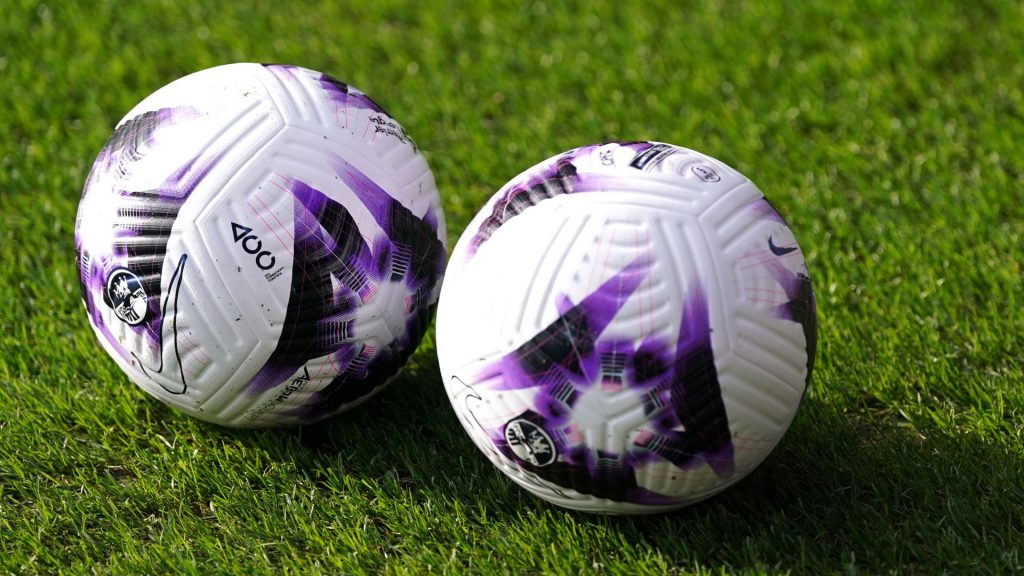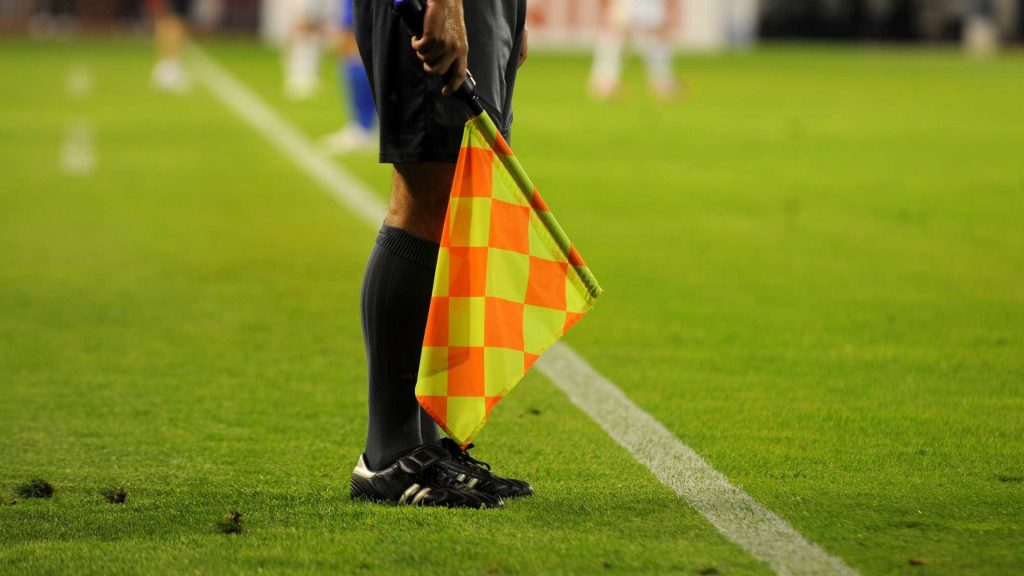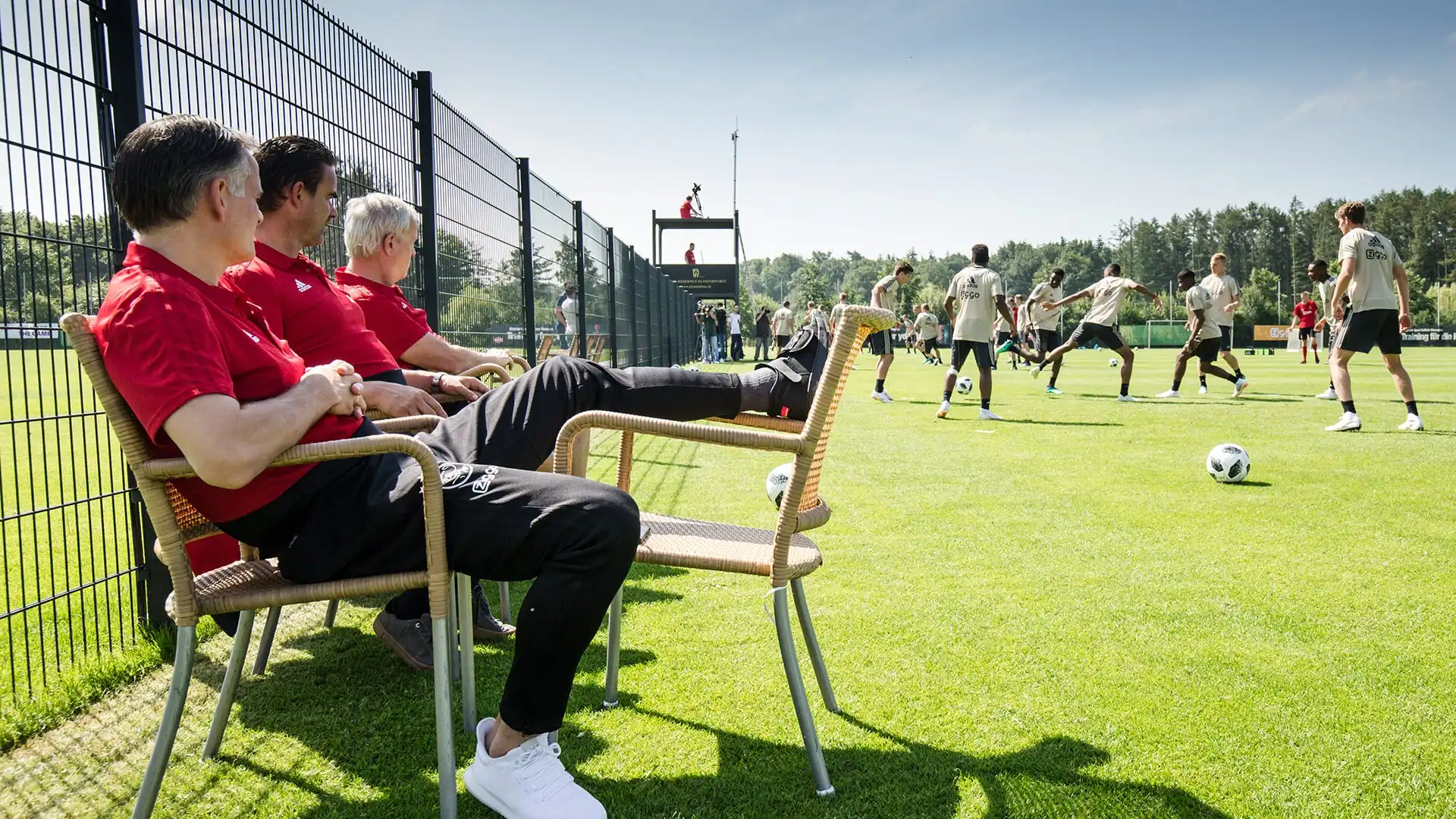In the competitive world of football scouting, ethical challenges such as bias, fairness, and integrity are increasingly under the spotlight. These challenges are significant because the consequences of unethical practises can ripple across players’ careers, club reputations, and even fan perceptions. This article dives deep into these pressing issues, shedding light on how ethics in sport, especially in football scouting, are critical to creating a fair and balanced playing field.
Why Ethics Matter in Football Scouting
Football scouting plays a pivotal role in shaping football teams and determining the future of talented players. Scouts are tasked with identifying the right talent to strengthen a team, but their evaluations must adhere to ethical standards to ensure fairness, equality, and integrity. Scouts have the power to influence a player’s career trajectory, often acting as gatekeepers between talent and opportunity. Their decisions affect players’ lives, with the potential to secure or derail a football career.
Ethics in football scouting are about more than simply following rules. It involves recognising the significant responsibility scouts have and ensuring that they perform their duties with transparency, accountability, and fairness. With such a large influence on players’ futures, it is essential for scouts to maintain high ethical standards in order to avoid unfair practises like discrimination, favouritism, and exploitation.
Common Ethical Challenges in Sports and Scouting
Ethics in sport aren’t solely about following rules; they also foster fairness and integrity in every decision. Here’s an overview of typical ethical issues in sports, with particular emphasis on football scouting.
Ethical Challenge Breakdown:
| Ethical Challenge | Description |
| Bias and Discrimination | Selecting players based on personal biases or irrelevant factors like race, religion, or gender. |
| Corruption and Bribery | Accepting gifts or money to favour certain players over others. |
| Misrepresentation of Talent | Exaggerating a player’s potential to meet quotas or please management. |
| Privacy and Consent | Breaching players’ privacy by not respecting boundaries while scouting. |
| Mental and Physical Pressure | Pressuring young players to conform to standards, leading to undue stress. |
| Data Ethics | Misusing or misrepresenting performance data to support biased scouting decisions. |

Bias in Football Scouting
1. Racial and Ethnic Bias
Football scouting should ideally be color-blind, focusing solely on a player’s skills, physical abilities, and potential. However, studies show that racial and ethnic biases persist within the scouting process. Players from minority backgrounds, for example, may face additional scrutiny or stereotype-driven assumptions that can affect their chances of being scouted.
Research in various countries has shown that players from certain ethnic backgrounds are more likely to be scouted for certain positions, regardless of their actual skill level. Racial profiling in scouting, though often subtle, can negatively impact a player’s career and hinder diversity in teams.
2. Gender Bias in Scouting
While the football world has made strides towards gender equality, women’s football is still vastly underrepresented in scouting, media coverage, and sponsorship. Female footballers often receive less attention and fewer resources than their male counterparts, leading to an ethical dilemma in the scouting world. Despite the growing popularity of women’s football, female athletes are still often not scouted with the same intensity or provided equal opportunities.
3. Socioeconomic Bias
Socioeconomic background is another bias that can influence scouting decisions. There is a common, though often unspoken, assumption that players from wealthier backgrounds may not have the same “hunger” or drive to succeed as players from poorer backgrounds. This assumption may be based on stereotypes and can lead to missed opportunities for highly talented athletes from less privileged socioeconomic backgrounds.

Tips to Combat Bias in Scouting
- Implement Blind Reviews: One effective strategy to combat bias is conducting blind reviews. In this process, personal information such as a player’s background, race, and gender are hidden during the initial evaluation phase. This reduces the risk of discriminatory decisions.
- Use Standardised Criteria: Defining clear metrics that apply to all candidates equally, regardless of their background, can minimise bias. These criteria should focus solely on measurable aspects like skill level, fitness, and tactical understanding.
- Educate Scouts on Unconscious Bias: Ongoing training for scouts on unconscious bias can help raise awareness of implicit prejudices that may influence their decisions. By understanding how biases manifest, scouts can make more objective, fair evaluations.
Ensuring Fairness in Scouting Practises
Fairness is a core pillar in sports ethics, and it is crucial for scouts to assess players on equal terms. Fairness requires equal opportunity for all players, regardless of their background, financial support, or connections.
Integrity in Performance Assessments
Integrity is essential when providing an honest evaluation of a player’s skills and potential. It is vital that scouts resist the temptation to inflate or downplay a player’s abilities to meet quotas, secure sponsorships, or please managers. Pressure to favour certain players can compromise a scout’s objectivity, leading to unfair assessments and potentially harming a player’s career.
The Role of Data in Fair Scouting
Data-driven decision-making plays an increasingly significant role in football scouting. Metrics like sprint speed, passing accuracy, and defencive capabilities are essential for objective evaluations. However, it is important to recognise that data should not be the sole determining factor. The context in which the data is collected and the player’s attitude, resilience, and mental fortitude are equally important factors that data cannot fully capture.
Data Ethics in Scouting
- Transparency: Transparency in data collection is vital. Scouts must disclose the data sources and metrics used in player evaluations to ensure that the process remains open and accountable.
- Informed Consent: Scouts must seek players’ consent before collecting any data related to their performance, ensuring that players understand how their data will be used.
- Balanced Interpretation: Data should be combined with qualitative assessments of a player’s character, attitude, and mental toughness to offer a well-rounded evaluation.
Challenges of Maintaining Integrity in Football Scouting
Integrity is essential in scouting, but it can be difficult to maintain in an environment where the stakes are high and pressure is intense. Football clubs and agents may try to influence scouts to favour certain players, leading to unethical practises.
Bribery and Corruption in Scouting
Instances of bribery and corruption are some of the most damaging ethical issues in football scouting. Accepting gifts or financial incentives to endorse a particular player undermines the integrity of the scouting process. These unethical practises also create an uneven playing field, where players with financial backing or influential connections are given unfair advantages over more deserving candidates.
Conflicts of Interest
Scouts often build close relationships with coaches, agents, and even players themselves. These personal relationships can create conflicts of interest that may cloud a scout’s judgment. It is crucial for scouts to remain impartial and focus on evaluating talent based on skill and potential rather than personal connections or relationships.
Practical Steps to Maintain Integrity in Scouting
- Establish Clear Codes of Conduct: Football clubs and scouting organisations must set clear guidelines that outline acceptable behaviour and enforce penalties for unethical actions, including bribery or favouritism.
- Encourage Whistleblowing: Establishing anonymous reporting systems allows scouts and players to report unethical practises without fear of retaliation.
- Implement Rotational Scouting Assignments: Rotating scouts between regions or teams reduces the risk of forming biased relationships and ensures impartial decision-making.

Key Ethical Considerations in Youth Scouting
Youth scouting requires a particularly high level of responsibility, as young athletes are especially vulnerable. Scouts must consider the long-term impact of their decisions on the mental, emotional, and physical well-being of young players.
Balancing Opportunity and Exploitation
The line between offering opportunity and exploiting potential can be thin in youth scouting. Young players are often eager to impress, but they can also be susceptible to pressure and exploitation. Scouts must ensure they create a supportive environment that encourages growth while avoiding undue pressure or overtraining.
The Role of Parents and Guardians
Parents and guardians play an essential role in the youth scouting process. Scouts should involve them in discussions about the player’s future and ensure they understand the implications of contracts, training commitments, and professional expectations. Open communication with families helps ensure the player’s best interests are always considered.
Ethics in Youth Scouting
- Transparency: Clear communication is essential when working with young athletes and their families. Scouts should outline the scouting process, risks, and potential outcomes to ensure informed decisions.
- Informed Consent: Gaining consent from both the player and their guardian is critical before any assessments or data collection.
- Responsible Scheduling: Avoiding excessive trials, training sessions, or travel that interfere with a young player’s education or social life is crucial for their development.
Conclusion: Promoting Ethical Practises in Football Scouting
Ethical challenges in football scouting will persist as long as there is competition and high stakes involved. However, by understanding and addressing issues related to bias, fairness, and integrity, the football scouting industry can create a more level playing field for all athletes.
Ensuring ethics in sport not only benefits players and scouts but also fosters a culture of trust, transparency, and respect across the entire sport. Ethical practises in football scouting help ensure that the talent identification process remains fair and that every player has an equal opportunity to succeed.
To move towards a more ethical future in football scouting, the entire ecosystem—from scouts and managers to clubs and players—must work together. By prioritising fairness, fighting bias, and maintaining integrity, football scouting can serve as a positive force in the sport and beyond.


